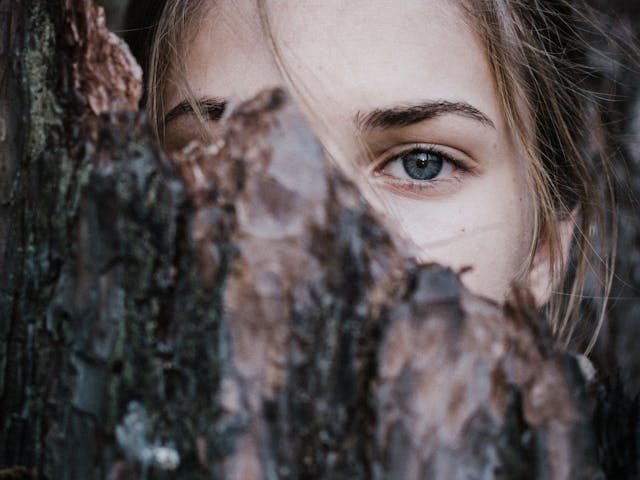
{*Did you know you can write on Elephant? Here’s how—big changes: How to Write & Make Money or at least Be of Benefit on Elephant. ~ Waylon}
~
When I was seven years old, I had an obsession with two things:
Donkeys (so darn cute!) and the Disney film “Pocahontas.”
I think we can all agree that Pocohontas as a film is questionable in the sense that it whitewashes a horrific colonial past. It’s also historically inaccurate, which as an ex-archaeologist annoys me greatly.
But it was still one of my favourite Disney movies, because despite the cultural insensitivities, it spoke to an unconscious longing I had: to connect deeply to nature.
Pocohontas and her people were animist, and deeply in tune with Mother Earth. And I somehow knew, at that tender young age, that the culture I was being raised in was disconnected and sick.
Back then, this movie was the closest thing I had to being shown another way.
Years later, at the age of 15, I found myself connecting to my own heritage, through the exploration of Wicca and Paganism. This reverence for and ability to tap into magic never left me.
During my academic years, I tried to reject it. I let myself be half-conditioned into believing that rationality, logic, and empiricism were supreme to intuition and magic. But they never could fully stamp it out of me, which is why I eventually left.
After leaving academia, I decided to follow a new career path and became a yoga teacher and then a trauma-trained therapist and somatic coach.
As I dove deeper into trauma resolution training, I began to notice that nervous system-based frameworks like polyvagal theory felt a little bit too mechanical and “sciencey” for my liking.
I’m not anti-science by any means, but I think that we should recognise that Western science is only a few hundred years old, and indigenous ways of knowing, which sadly are still not given the mainstream respect they deserve, are much older and more holistic ways of making meaning.
Maybe it’s the Aquarian in me, but viewing ourselves as nothing more than a biological machine just doesn’t melt my butter.
When focusing on healing trauma, there seems to be an overemphasis on:
Nerves and neurons
Sympathetic and parasympathetic
Regulation and dysregululation
Attachment and trauma
I find myself asking: where’s the sorcery? Where’s the magic? Where’s the mystery?
Our ancient ancestors didn’t need polyvagal theory—can you imagine them trying to understand if they were in sympathetic or dorsal state as they chased a mammoth? As animists, they were already present with the ebb and flow, the magic and mystery of life.
And I believe that this is what we need to reclaim.
To me, healing trauma is so much more that just knowing about the mechanics of the nervous system. It’s a deeply spiritual and animist way of ushering in inner alchemy and collective transformation.
When we connect to our inherent interdependence with all forms of natural intelligence—things like spirits, guides, instincts, energies, and natural impulses—we pave the way for magic and miracles to unfold.
This is what lies at the heart of the work I do with my clients and the way I train my students. And the results speak for themselves.
To effectively heal trauma, I’ve learned that we need to cultivate what I call “witchy medicine” and learn how to work not just with the physical body, but with spirits, celestial beings, ancestors, archetypal energies, and plant allies.
That seven-year-old version of me who was obsessed with Pocohontas was onto something. And she’s the reason why I am the woman and therapist I am today.
~

This account does not have permission to comment on Elephant Journal.
Contact support with questions.